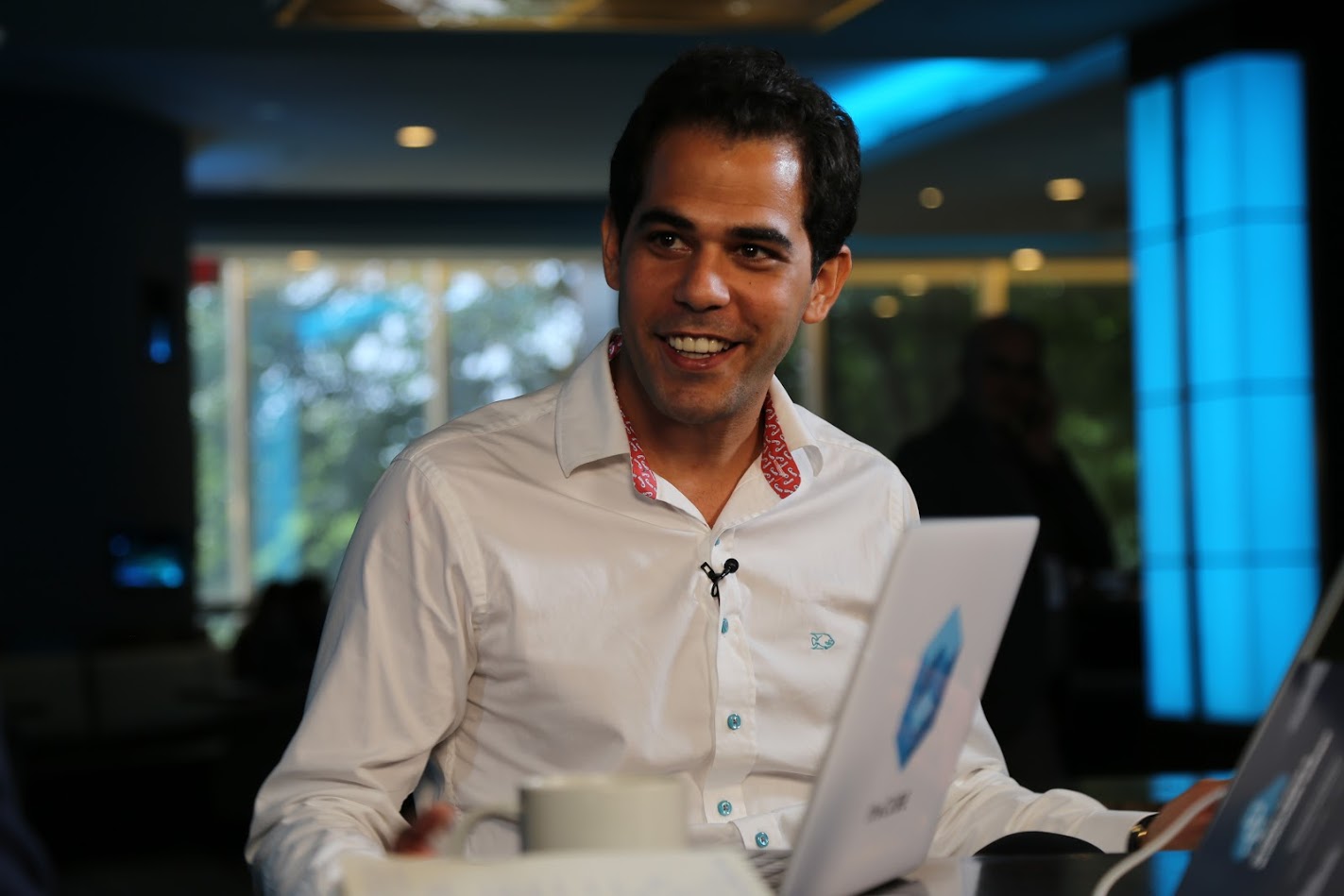 EMERGING TECH
EMERGING TECH
 EMERGING TECH
EMERGING TECH
 EMERGING TECH
EMERGING TECH
Many companies view regulators as an intrinsic enemy to their progress. Instead of conversation around how they can work with regulators to make a better system, the general tone seems to be one of resistance, as if regulation’s very existence is meant to halt progress and make life more difficult for companies. But that doesn’t have to be the case, because the best way to work with regulators is through education, according to Gabriel Abed (pictured), founder of Bitt Inc. and Digital Asset Fund Inc.
“I’m as big of an advocate for decentralization and the freedom of information as anyone else,” Abed said. “But I’m also a big believer in if you’re a product for a market in the traditional world, you have to involve the regulators in order to ensure that product does its job, keeps the consumers safe, and ensures that the economy around it doesn’t collapse. So regulators are critical in this field.”
Abed spoke with John Furrier (@furrier) and Dave Vellante (@dvellante), co-hosts of theCUBE, SiliconANGLE Media’s mobile livestreaming studio, during the Global Cloud and Blockchain Summit in Toronto, Ontario. They discussed regulation, banking in the Caribbean, blockchain, and the future of banking.
In a move he would later echo in his approach to banking, when most of his peers that came from a developing country to study in Canada stayed in Canada, Abed chose differently. He returned to the Caribbean to improve the system there and has gained a lot of traction with the central banks.
The key to getting such government support is education, according to Abed. The people who run such organizations are generally older and conservative with fears of hacking, and in order to make the move to any sort of new system, education is essential so they see the incredible benefits of switching to an electronic currency.
But that switch would not only benefit the bankers, it would affect the society as a whole, including the poor and underbanked, Abed explained. There are a lot of people that don’t currently have banking accounts due to not having a stable home address, not having the minimum required deposit, not having two forms of identification, or have other obstacles regarding opening an account. But many of these people do have cell phones that allow mobile banking and mobile payments, which could completely change their opportunities and the economy as a whole.
“What does that do for a society in a developing nation? It empowers people. And you’re empowered because now as a developer, I can build on this payment system. As an entrepreneur, I can tap into this payment system. As a merchant, I can utilize this low-cost payment system. As a society, I now have [gross domestic product] growth because of financial inclusion,” Abed concluded.
Watch the complete video interview below, and be sure to check out more of SiliconANGLE’s and theCUBE’s coverage of the Global Cloud and Blockchain Summit.
THANK YOU